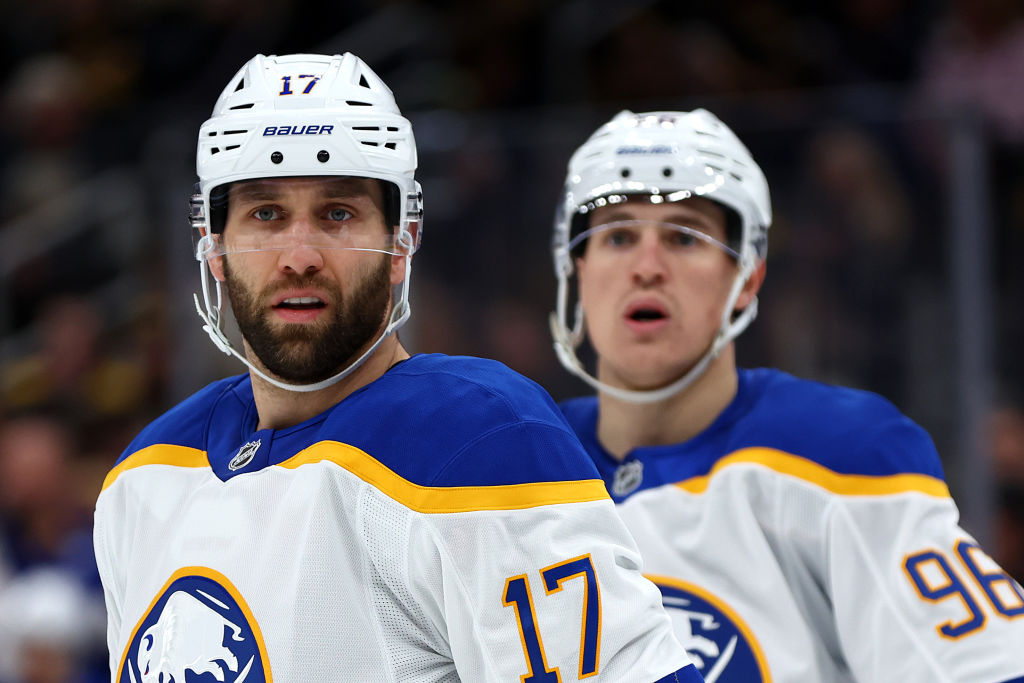Sports
After Comcast Cable Spinoff, NBCUniversal Will Have To Develop Some New Sports Muscles

After a few bumpy outings due to Covid and less-than-optimal host cities, the Olympics flourished last summer in Paris, with viewership gains and advertising records.
With more happy returns expected from the 2026 Winter Games in Italy and the 2028 Summer Games in Los Angeles, NBCUniversal may need to develop some new muscles in order to maintain the synergistic mojo. Next year, parent company Comcast plans to spin off NBCU’s cable networks into a separate, publicly traded entity. The transaction, formally announced earlier Wednesday, will take a year to complete.
Although the deal was revealed just three weeks after execs floated it during an earnings call, the generous timeline for closing it is designed to enable continuity. Comcast President Mike Cavanagh, in an internal memo, urged employees to “remain focused on the work at hand to propel our continued success.”
About 75% of the new company’s portfolio will be news and sports programming, according to an estimate from BofA Securities. MSNBC staffers have been digesting the news that they will have to find a new way of integrating NBC News resources moving forward. Ditto CNBC, whose anchors wondered aloud on Squawk Box on Wednesday morning about the economic outlook for their own network. The solution for news may lie in reaching a licensing agreement in order to maintain a presence for NBC News (and justify the name MSNBC, some have noted). Some form of that is also likely in sports, given the amount of content appearing on networks like USA and Golf Channel.
NBC Sports President Rick Cordella, appearing at a Sports Business Journal conference Wednesday morning, called the spinoff “a microcosm of the larger industry” facing numerous challenges. Amid the change of structure, he said NBCU and “SpinCo,” as the new stand-alone entity is called, will “fulfill every obligation” to partners including the PGA, NASCAR the WNBA. USA also controls a significant piece of “sports-adjacent” real estate, with WWE SmackDown having returned to the network earlier this year in a multi-year rights deal.
Some key leadership changes are in store and will have a bearing on the sports strategy. Mark Lazarus, a longtime company veteran with deep roots and connections in the sports media world, has been installed as the new CEO of SpinCo. Matt Strauss will become Chairman of the NBCUniversal Media Group, continuing to oversee streaming platforms including Peacock, international networks and global streaming, while also adding NBC Sports, ad sales and a number of other business areas. (Donna Langley also earned a major promotion in the shuffle on the entertainment side, and there is a whole set of adjustments under way there ahead of the spin.)
While Wall Street had a muted overall take on the cable maneuver, BofA Securities analyst Jessica Reif Ehrlich reacted positively, citing Lazarus and Anand Kini, current NBCU CFO, who will be SpinCo’s CFO. “These two very experienced and leading members of management at Comcast/NBCU bode well for the newly established company,” she wrote in a note to clients, “and Comcast parent has a deep bench of management talent to fill the void.
Rob Rosenberg, former EVP and general counsel at Showtime Networks, told Deadline he expects the need for consistency to outweigh concerns about the cost of licensing. When it comes to the Olympics, though, he said it is a less obvious decision.
“NBC may have been providing Olympics coverage to their cable networks as a way to prop up those networks, but Comcast may gain more by keeping the Olympics on NBC,” he said. “If the cable networks still need that content, there will need to be some sort of internal license from the left hand to the right hand, to continue providing those rights to them. Or alternatively, Comcast could opt to cut off that content for the cable networks.”
Cordella noted that Strauss, who was the original architect of Peacock when it launched in 2020, is “bullish” on sports as a subscriber acquisition tool, an objective no longer articulated among cable programmers. Cord-cutting trends mean the network assets are in secular decline, though they throw off sufficient cash to make a viable business, especially if more networks end up joining the fold, as is widely anticipated. (A Venu Sports-style multi-company offering designed for linear TV would be far less fraught than it is turning out to be in streaming.)
Strauss championed the notion of putting the Premier League and WWE on Peacock early on, a decision that led to bigger swings like the Olympics and the NFL. In success, viewers attracted by sports tend to stick around, streaming players have concluded. (Witness Netflix’s recent entry into the sports rights game.)
“Sports fans are not so monolithic that all we do is watch sports,” Cordella said.










